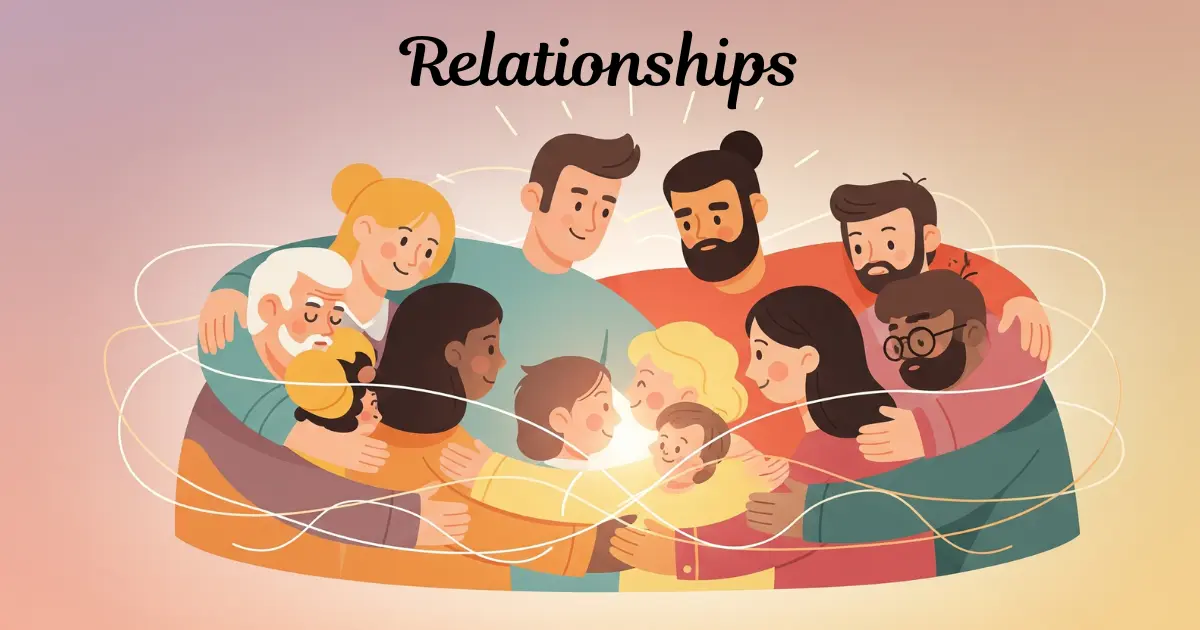Qualities to Look for in a Partner: 12 Key Traits for a Strong, Lasting Relationship
Picking the right partner shapes your life’s joy and growth. In the US, about 40-50% of marriages end in divorce (American Psychological Association), often due to mismatched values or weak communication. In India, arranged marriages, where families prioritize compatibility, have a success rate near 90% when core traits align. These stats show one clear truth: … Read more










